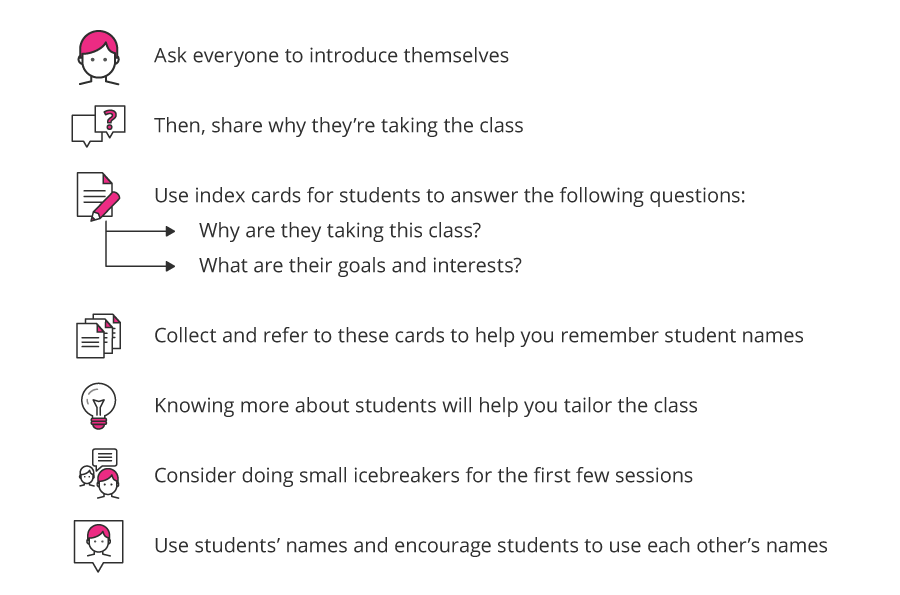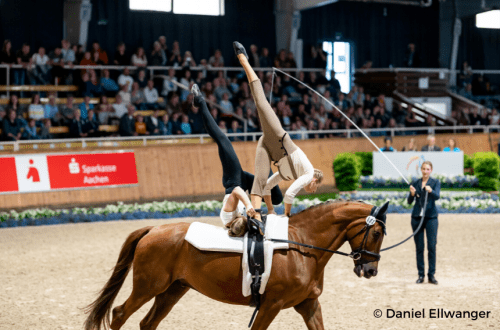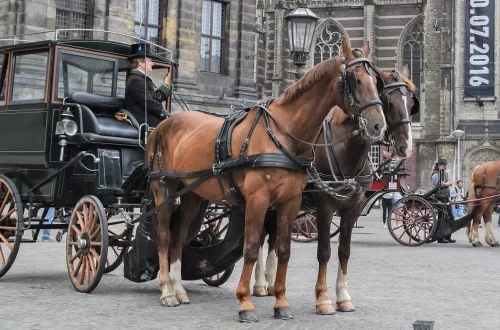
Tips for trainers: how to achieve rapport with students?
Corinne Bracken, Team Manager for the Hong Kong Show Jumping and Para Dressage Teams, shared key tips on how to help coaches build rapport between themselves and riders.
Council number 1. Start training by talking to the rider
Discuss the upcoming workout, ask a few questions about life, and then smoothly move on to the warm-up. There should be no misunderstanding between the coach and the athlete.
Tip #2: Learn the personality of your athletes
All horses and riders are different, and you need to find your own approach to each.
“The biggest challenge I faced was when I was asked to lead the Hong Kong Para dressage team. One rider had cerebral palsy and couldn’t manage the leg-yielding element. Each time he was in a hurry and wanted to pass this element as soon as possible.
“Once we were watching a video from a workout, and I decided to offer a non-standard approach. I said, “In leg yielding, the horse must not run in the form of a banana.” The banana was his favorite fruit, so I knew he would remember it. The next day in training, we put a second horse next to him so that he would not allow him to move too much to the side while he was doing the “yielding”. I had never used this technique before, but it worked well and made me look at training in a new way, ”Korin explains.
Tip #3: Set personal boundaries and don’t be afraid to ask for help.
“Too often, the coach is expected to answer all the questions. You have to fix the problems of the horse, the rider, the parents. You are expected to work as a trainer, mentor, psychologist, equine osteopath, veterinarian, farrier, saddle specialist, financial advisor, nutritionist and a shoulder to cry on – you can’t do all that work. Asking for help is a strength, not a weakness,” says Korin.
Tip #4: Take Being a Coach Seriously
Coaches become role models and contribute to shaping the future of athletes not only in the sports field, but also in their personal lives. The problem is that a role model doesn’t always have a positive impact and it can be devastating for an athlete.
Tip #5: Don’t Forget Praise
“Remember that horses and riders are not 100% in control of their success during a performance. All they can do is show what they are capable of at the moment. Yes, sometimes this is not enough, but no one enters the battlefield for the sake of a bad result. And the athletes will always be more disappointed than you,” Korine adds.
Tip #6: Give more freedom to your athletes
“Let riders learn to solve problems on their own (with their safety and the safety of their horses in mind). At competitions or visiting another equestrian club, they must be confident in themselves and be able to make informed decisions,” concludes Korin.





